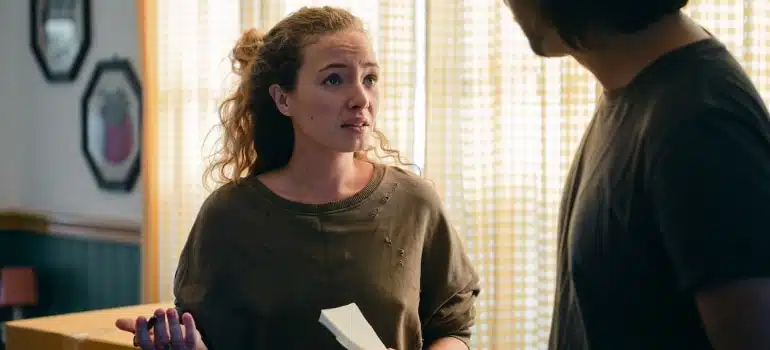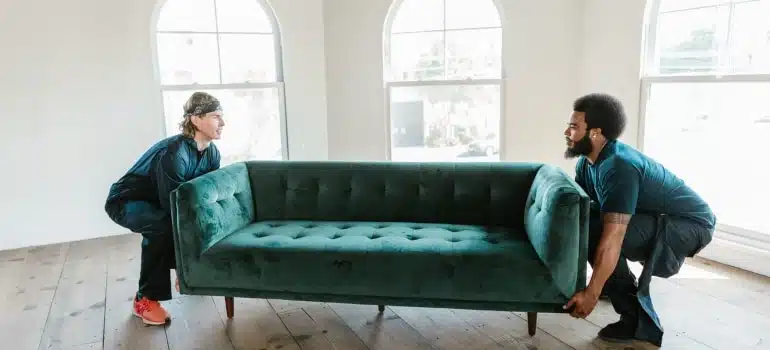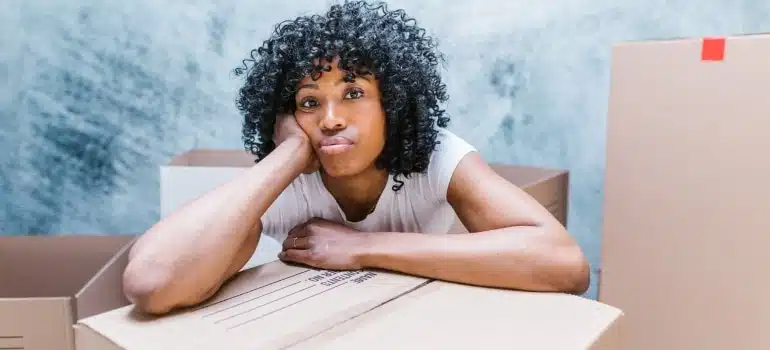Things you should leave behind when leaving Florida
Going through a relocation means that you are going to have to leave some stuff behind. Not only will the additional items ramp up the cost of your move, but they will also become unnecessary clutter in your new home. Moving companies, like Pro Movers Miami, base their charges around the weight of the shipment. So, the more boxes you have with you, the higher the cost. And that is without accounting for all the packing materials and moving boxes that you will need, as well as the time required to pack all of that. What this article is going to be all about is pointing out the things you should leave behind when leaving Florida so you can have an easier (and cheaper) relocation.
Why It’s Worth Leaving Certain Things Behind
When planning a move it’s tempting to take everything with you, but knowing the things to leave behind when leaving Florida can make all the difference. Certain belongings cost more to move than they’re worth, may not fit your new home, or simply won’t suit your new lifestyle. By letting go of these items before the move, you can reduce costs, save packing time, and arrive with only what truly adds value to your life.

Built-In Items
Built-in items refer to fixtures or elements permanently attached to your home, such as:
- kitchen cabinetry
- built-in appliances
- window treatments
- custom bookshelves
As these are designed for the exact dimensions and style of your current property, they rarely fit perfectly in a new space. Removing them can cause structural damage to walls or floors, and transporting them can be costly due to their size and weight.
When moving out of Florida, there’s an added reason to leave them behind – many buyers expect homes here to include such built-ins, especially in competitive housing markets. Keeping them in place can help you close a sale faster and potentially for a higher price. Plus, avoiding the cost and hassle of moving these heavy, awkward items makes your relocation smoother.
Bulky Appliances
Bulky appliances like refrigerators, washing machines, and large ovens are among the most challenging items to relocate. Their weight, size, and fragility make them expensive to move, particularly when leaving Florida for an out-of-state destination.
Florida’s climate can also accelerate wear on appliances due to humidity and salt in the air — meaning they might not be in peak condition by the time you move. If you’re upgrading anyway, selling, donating, or offering them to the new homeowner saves you both space and moving costs. Local charities, resale marketplaces, or appliance recycling programs can help you offload them responsibly. If you do take them, opt for professional movers with white-glove service to prevent damage.
Bulky Furniture
Old or oversized furniture can be more trouble to move than it’s worth. In Florida, high humidity can cause certain wood pieces to warp, swell, or develop mold over time, reducing their quality. When you factor in moving costs, potential damage in transit, and the possibility that they may not suit your new home’s layout, replacing them often makes more sense.
Sell gently used items, donate to local nonprofits, or host a moving sale. If you’re set on keeping specific pieces for sentimental or monetary value, hire movers in South Miami who can disassemble, protect, and reassemble them to avoid damage.

Garage Junk and Hazardous Materials
Garages often become the final resting place for unwanted items, old equipment, and, occasionally, hazardous materials. These might include old paints, chemicals, motor oils, batteries, and pesticides. Over time, we may forget about these items, but it’s important to address them before a move.
Transporting these items is not only risky but often prohibited by moving companies. Humidity and heat in Florida can also make hazardous materials unstable over time. Responsible disposal is essential — use your county’s hazardous waste drop-off locations or community collection days. Clearing out these items before you move keeps your shipment safer and lighter.
Beach and Water Gear
If you’re relocating somewhere without nearby beaches or water sports opportunities, items like surfboards, paddleboards, kayaks, or snorkel gear may never get used. Selling them locally lets you take advantage of Florida’s strong demand for coastal equipment. These items can also be awkward to pack and may require special racks or padding to prevent damage in transit. By selling now, you avoid paying extra for oversized-item transport. You can always rent or buy new gear later if your new area offers similar activities.
Plants
Many states have strict agricultural regulations to prevent the spread of pests and diseases. Transporting plants across state lines may be prohibited or require inspection. Even if it’s allowed, plants often suffer from the stress of long-distance travel and may not survive in a different climate. Florida’s warm, humid environment supports species that might not adapt well to colder or drier regions. Giving them to friends, neighbors, or local plant swaps ensures they continue to thrive while saving you the trouble of transport.
Old electronics and cords
Florida’s humid climate can cause corrosion inside electronics and cables, reducing their lifespan. If they’re outdated or seldom used, recycling them locally saves you space and weight in your moving truck. Many cities in Florida have free electronics recycling events or drop-off centers, making it easy to dispose of them responsibly. Hauling them long distances for uncertain future use is rarely worth the effort. Plus, upgrading after your move can ensure your devices are better suited to your new home’s internet speeds and power setup.
Excess pantry items
Canned goods, dry food, and other nonperishables can be surprisingly heavy when packed in bulk. Donating unopened food to a local food bank or shelter before you move lightens your load and helps the community. Transporting pantry items over long distances can be a waste of valuable space that could be used for essentials. Additionally, food can be affected by Florida’s heat and humidity if not stored properly during the move. Starting fresh at your new location allows you to shop for items that match your new local grocery options and taste preferences.
Outdated Paperwork
Old, irrelevant paperwork can add unnecessary weight and clutter to your move. Before packing, sort through your files and keep only essentials like birth certificates, passports, Social Security cards, tax records, medical files, and property documents. Shred outdated papers and scan important ones for secure digital backup. Store physical originals in a labeled folder and keep them with you during the move. This frees up space, lightens your load, and keeps your most important documents safe.

What If You Can’t Decide Which Things You Should Leave Behind When Leaving Florida
It’s normal to feel torn about certain belongings when preparing for a big move. Emotional attachments, uncertainty about future needs, and the whirlwind of packing can make decisions harder. The key is to focus on practicality — ask yourself if the item will be useful, if it fits your new space, and if it’s worth the cost to move.
If you’re still unsure, temporary storage in Florida can give you breathing room. Many moving companies offer short- or long-term storage solutions where your items stay safe until you decide their fate. This approach keeps your new home uncluttered while preserving access to items you might want later.
Making Your Florida Move Lighter And Easier
Moving out of Florida is the perfect opportunity to lighten your load and start fresh. By focusing on things you should leave behind when leaving Florida, especially items that are bulky, outdated, or unlikely to serve you in your new home, you can save on moving costs, reduce stress, and make unpacking easier. Whether it’s built-in fixtures, worn furniture, or beach gear you’ll never use again, each decision to let go brings you closer to a cleaner, more organized life. Approach the process with practicality, use storage when you need more time, and donate whenever possible to give your items a second life. Your new chapter will feel lighter – in every sense of the word.
